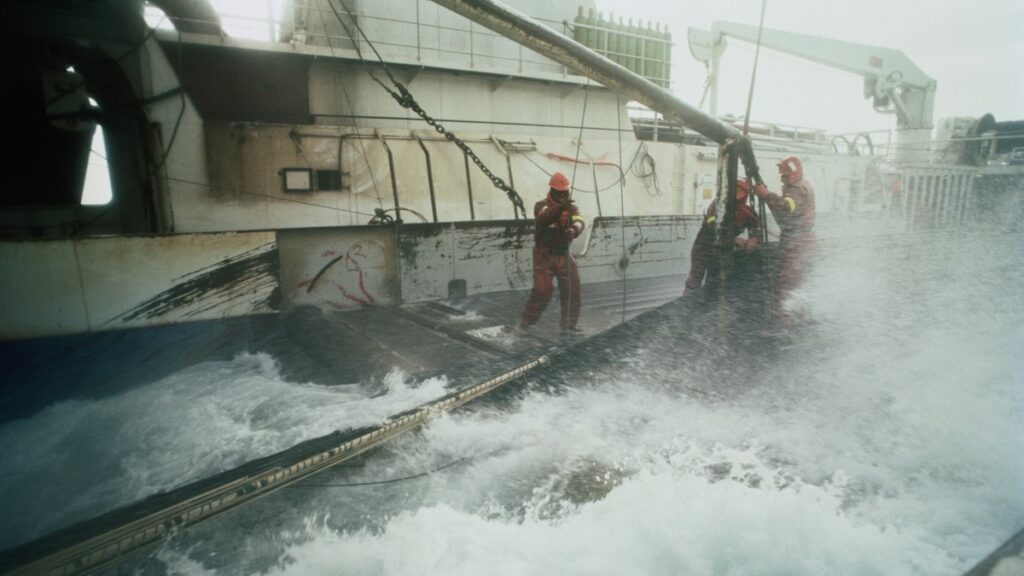Climate Change Threatens Ocean Workers’ Safety, Urges New Policy Focus
As the climate crisis intensifies, ocean workers find themselves at the forefront of its impacts, according to the latest findings from Lloyd’s Register Foundation. The organization emphasizes the need for recognizing these workers as a frontline workforce in global climate adaptation strategies.
The Foundation’s World Risk Poll Focus On report reveals that a significant 80% of ocean workers are worried about severe weather causing them serious harm. This data stems from the 2024 World Risk Poll, a comprehensive survey conducted by Gallup, encompassing 147,000 participants across 142 nations.
Ocean workers, the report notes, are nearly three times more likely than other sectors to cite climate change as a daily safety risk, with 17% naming it their primary concern. This has prompted calls for their inclusion in both national and international climate adaptation strategies, highlighting the absence of adequate occupational safety and health (OSH) training as a key factor in their increased risk.
Increased Injury Rates Among Ocean Workforce
Statistics from the Foundation reveal that 33% of ocean workers have suffered serious harm due to severe weather over the past two years, compared to just 20% in other sectors. The nature of their work, often conducted in perilous marine environments, contributes significantly to this heightened vulnerability.
Furthermore, 25% of ocean workers reported injuries related to their jobs within the same timeframe, in contrast with 18% of workers from other industries. These figures underscore the pressing need to address the distinct challenges faced by ocean workers in future safety policies.
Call for Enhanced Occupational Safety Training
A glaring gap in safety training for ocean workers is evident, with 68% admitting they have never received OSH training, and only a quarter having participated in such training in the past two years. Nancy Hey, Director of Evidence and Insight at Lloyd’s Register Foundation, emphasized the urgency: “Climate change is undeniably reshaping our world, leading to more frequent, and more severe weather events.”
Hey further commented on the vulnerability of ocean workers to these changes, highlighting the importance of continuous OSH training tailored to maritime conditions.
Urgent Policy Changes and Frontline Recognition Needed
The Foundation urges government bodies and industry stakeholders to incorporate protections for ocean workers in climate policies. Hey stated, “It is imperative that we prioritize OSH training for ocean workers and change the assumption that this must only be done once.”
Professor Maximo Q. Mejia, Jr., President of the World Maritime University, echoed this sentiment, noting the increased risks: “Seafaring and commercial fishing have traditionally been recognized as the world’s most hazardous occupations.”
Mental Health and Isolation: Hidden Challenges
The International Seafarers Welfare and Assistance Network (ISWAN) pointed out the dual nature of risks faced by ocean workers, which include both physical dangers and emotional stress. Chirag Bahri, ISWAN’s International Operations Manager, underscored the need for improved support systems: “Their wellbeing is just as important as the work they do, so they should receive better training that helps to promote their occupational health and safety.”
ISWAN advocates for integrating mental health resources and occupational support into broader safety reforms, highlighting the vital role ocean workers play in the global economy and the necessity of sustainable solutions.
Original Story at internationalfireandsafetyjournal.com
